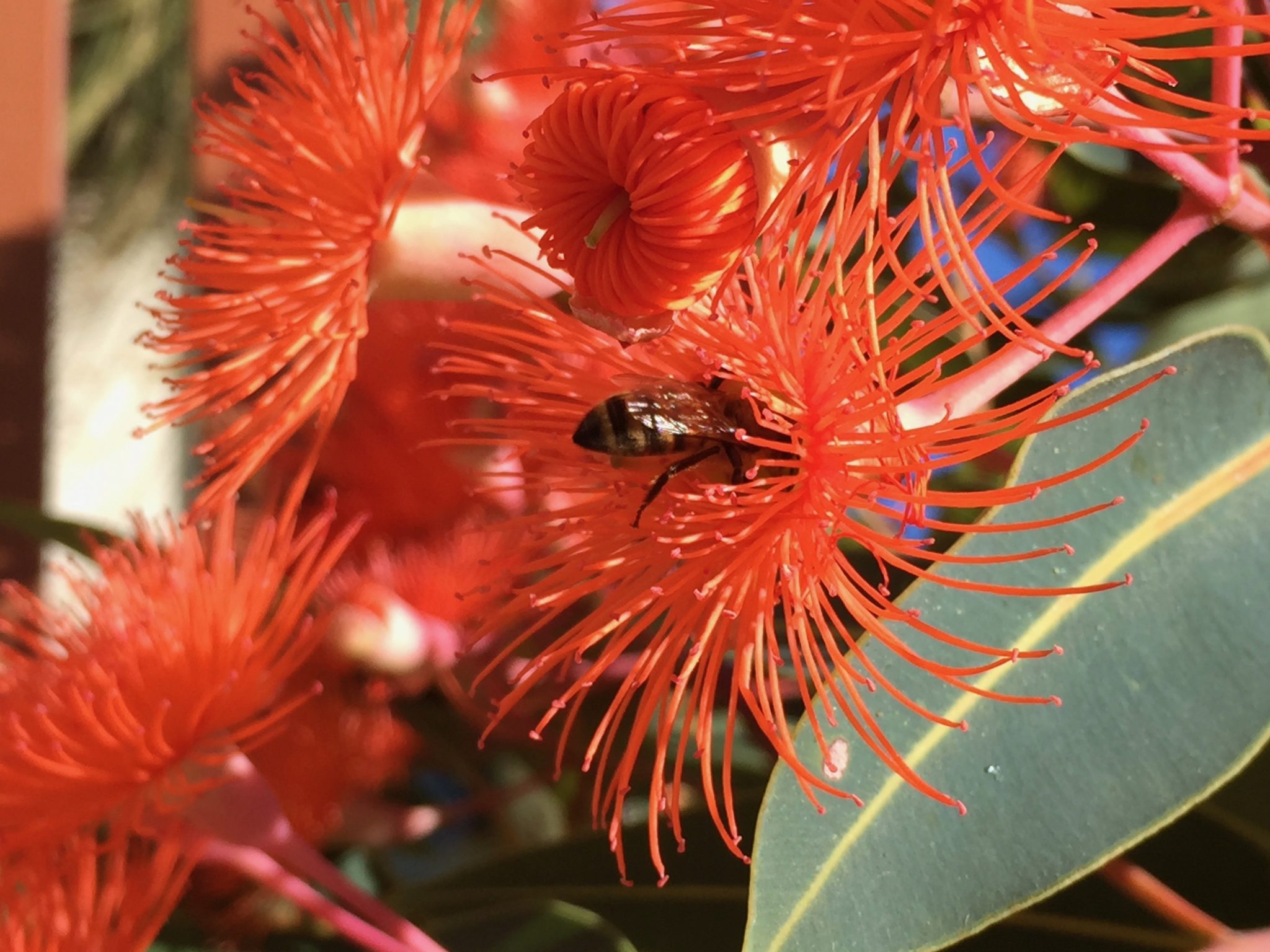Why is this research project important?
Every day there is an increased awareness and understanding of the importance of the trillions of microbes living in our gut, and how they affect the normal functioning of our body, nutrition and health. We now recognise that it’s important to have balance of beneficial and potentially harmful types of microbes living in harmony, and that a diverse gut population is key to good health.
Honey has been a staple food in the human diet for thousands of years, and there is some evidence showing the benefits of honey on our gut health. We aim to show definitively whether eating honey can improve our microbiome, and whether this benefit can be extended to patients with an already-compromised gut balance. This research has the potential to help reduce the prevalence and socioeconomic burdens of the many chronic conditions associated with a disrupted gut microbiome, such as digestive disorders, obesity, diabetes, cardiovascular disease and mental health issues.
How will this research benefit the honey bee and pollination industry?
There is high demand worldwide for honeys with scientifically proven medicinal properties – including antimicrobial, anti-inflammatory, and prebiotic. Consumers are willing to pay more for these honeys with proven health benefits, so there is enormous potential for the Australian honey industry to capitalise on this growing market.
Gut health is a hot topic – what can consumers expect as a result of this research?
We know that our gut microbes help us to digest our food, make essential vitamins, remove toxins and metabolise drugs. They also influence our hormones and regulate our immune system. By understanding how certain foods like honey can affect our microbiome, we can use this not only to promote a healthy gut but potentially to prevent or treat chronic diseases.










